Date: 6 October 2011
Far from being a one-off materials test, UL registration is repeated by the UL laboratory at regular intervals. In these audits, the material tested always has to demonstrate its properties anew.
Tests are performed in the category UL 1703 (module certification), which is an important precondition for the manufacture and sale of PV modules in the USA. Electrical and electronic equipment in the USA has to satisfy the demands of the US National Electrical Code (NEC) along with supplementary requirements of certain American states and even cities. Serving as a kind of higher-order public authority, UL (Underwriters Laboratories) enjoys an excellent reputation among inspectors and customers. Products are not approved by UL, but tested.
Products, components, materials, systems and even organizations are tested for conformity to defined standards. UL distinguishes between certifications of finished products, such as PV modules, and registrations (“recognitions”) of individual components, such as solar module encapsulation materials.
This means that Kuraray has taken a big step on the road to opening up new markets for TROSIFOL and passed an important milestone for activities on the North American PV market.
TROSIFOL® is one of the leading manufacturers of PVB film for laminated safety glass worldwide. TROSIFOL products are mainly used in applications for automotive and architectural glazing; special TROSIFOL films are used to encapsulate solar cells with long-term durability in the photovoltaic industry. In 2004, TROSIFOL® was the first manufacturer worldwide to develop a special product line for PV applications based on polyvinyl butyral (PVB). Since then, module manufacturers have had a choice between module production in vacuum laminator or in the process with vacuum deairing and subsequent lamination in autoclaves.
Therefore, all major companies of the glass and the photovoltaic industry are part of TROSIFOL’s customer base.
The background material for all TROSIFOL films is Polyvinyl Butyral (PVB) that has been used as an interlayer in laminated safety glass since the middle of the thirties of the 20. Century. The experience gained from the processing of this material since 1953, thanks to ongoing research and development, is one of the main reasons for technical leadership of TROSIFOL as a manufacturer of films for structural glazing and TROSIFOL’s worldwide success.
TROSIFOL operates its headquarters in Troisdorf, near Cologne (Germany) and an additional plant in Nizhniy Novgorod, Russia, both certified to ISO/TS 16949 and DIN EN ISO 9001:2000 standards. There are marketing subsidiaries in the United States, Malaysia, India, China and Ukraine.
Today TROSIFOL is a Division of Japan based chemical group Kuraray Co. Ltd (Tokyo) which is the world’s leading producer of polyvinyl alcohols (PVA), one of the initial products for polyvinyl butyral resins and raw material for TROSIFOL PVB film.
Founded in 1926, the Kuraray Group with headquarters in Tokyo, Japan, is the world’s biggest producer of water-soluble synthetic polyvinyl alcohols. In Europe, operating business, sales and production of chemical specialties are handled by EVAL Europe in Antwerp, Belgium and Kuraray Europe GmbH in Frankfurt (Germany). PVA is e.g. a crucial chemical product for the production of paper, textiles as well as for paints, printing inks, adhesives and ceramics.
Kuraray Europe GmbH has installed an integrated management system that satisfies the requirements of a quality management system conforming to DIN EN ISO 9001:2000 with the supplementary demands of the automotive industry ISO/TS 16949, an environmental management system conforming to DIN EN ISO 14001:2005 and an occupational safety and health management system conforming to BS OHSAS (Occupational Health and Safety Assessment Series) 18001:2007. This is externally monitored by annual certification.

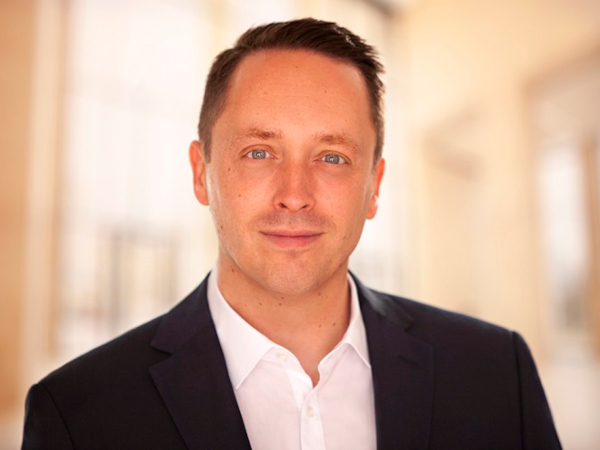

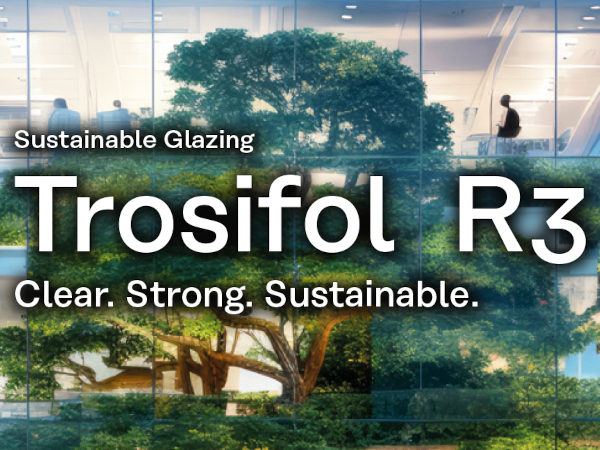
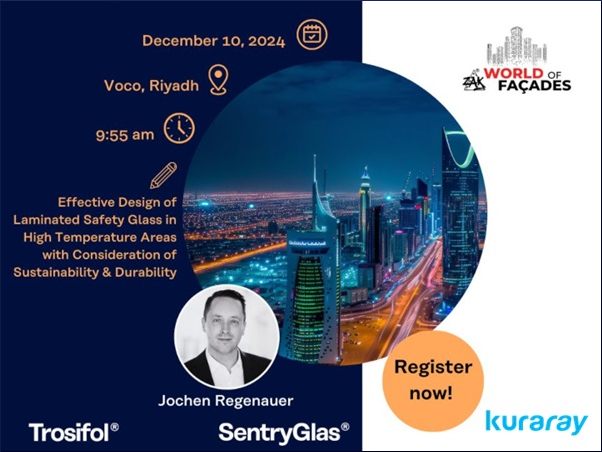
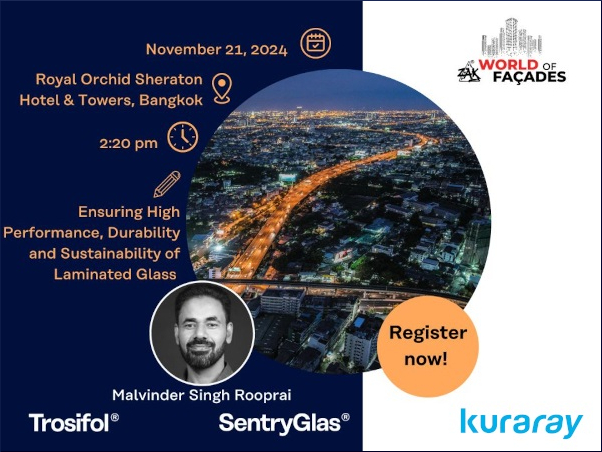
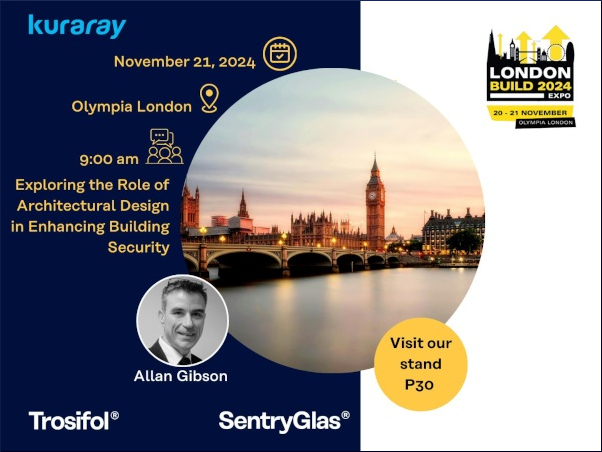

Add new comment